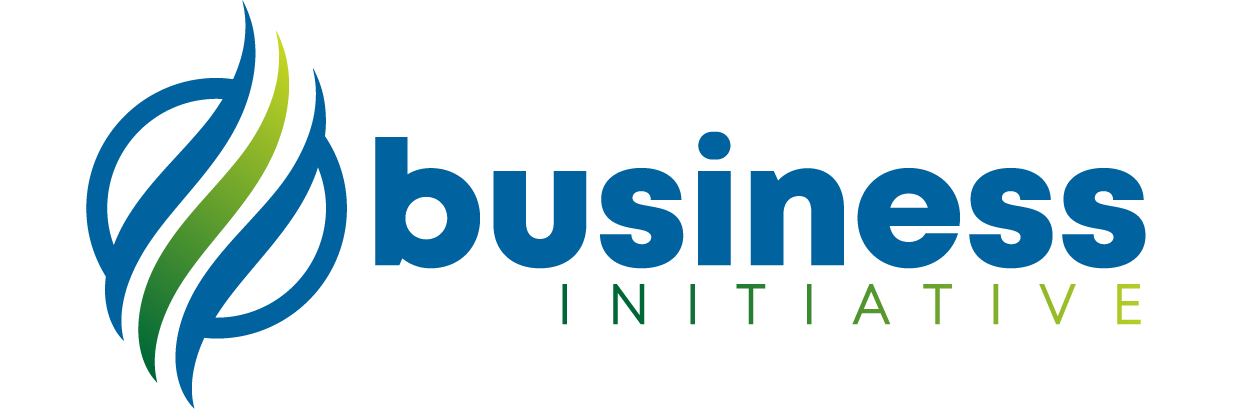Starting and managing a Limited Liability Company (LLC) can be an exciting venture for entrepreneurs. However, it’s crucial to maintain proper records to ensure your business remains legally compliant and runs smoothly.
In this article, we’ll discuss the essential documents LLC owners should keep, the reasons behind maintaining them, and some practical tips for organizing and storing these important records.
Why is Recordkeeping Important?
Proper recordkeeping is crucial for LLC owners as it serves several essential functions.
Firstly, it helps you maintain good corporate governance and comply with legal requirements. State laws require LLCs to keep accurate records of their financial transactions, business activities, and other important information.
Secondly, keeping accurate records can help you make informed business decisions. By tracking your expenses and revenue over time, you’ll be able to identify trends and patterns that can inform your future strategies.
Thirdly, proper recordkeeping ensures that you have all the necessary information in case of an audit or lawsuit. If the IRS decides to audit your LLC or a customer sues you for breach of contract, having accurate records can help protect your business interests.
It’s important to note that different types of documents have varying retention periods. For instance, tax returns should be kept for at least three years after filing while employment tax records should be kept for at least four years after the tax becomes due or is paid (whichever is later). In general, it’s best practice to retain all essential documents indefinitely or at least until the statute of limitations expires.
Now that you know why you should practice good recordkeeping habits, we can look at which files you need to pay special attention to…
Let’s go…
Financial Records: The Backbone of Your LLC
Financial records are the foundation of your LLC’s documentation. They provide a clear picture of your company’s financial health and are necessary for tax filings and potential audits. Key financial documents you should maintain include:
-
Bank statements: A document provided by a bank that shows the transactions, account balance, and other relevant information for a specific period of time.
-
Invoices and receipts: Invoices are documents that request payment for goods or services, while receipts are documents that prove payment has been made.
-
Expense reports: A document that lists the expenses incurred by an individual or organization during a specific period of time, often used for reimbursement or tax purposes.
-
General ledgers: A record-keeping system that contains all of a company’s financial transactions, organized by account.
-
Profit and loss statements: A financial statement that shows a company’s revenues, expenses, and net income or loss over a specific period of time.
-
Balance sheets: A financial statement that shows a company’s assets, liabilities, and equity at a specific point in time.
An infamous example of poor financial recordkeeping is the Enron scandal in 2001. Although Enron was a large corporation, the lessons learned from its downfall regarding the importance of transparent and accurate financial records are applicable to businesses of all sizes, including LLCs.
Meeting Minutes: A Record of Decision-Making
As an LLC, you may be required to hold regular meetings and document the minutes, depending on your state’s regulations and your operating agreement. Meeting minutes serve as a formal record of important decisions made by the members or managers of your LLC. They should include:
1. Date, time, and location of the meeting: This includes the specific date and time of the meeting, as well as the location where it will be held.
2. Names of attendees and absentees: This lists the names of all attendees who were present at the meeting, as well as those who were absent.
3. Agenda items: This outlines the topics that were discussed during the meeting, typically in the order they were addressed.
4. Decisions made and actions you plan to take: This section summarizes any decisions that were made during the meeting, as well as any actions that will be taken as a result of those decisions.
5. Votes and approvals: This includes any formal votes that were taken during the meeting, as well as any approvals that were given for specific actions or decisions.
Maintaining meeting minutes demonstrates transparency in decision-making and can help resolve potential disputes that may arise in the future.
Operating Agreements: The Blueprint of Your LLC
An operating agreement is a crucial document that outlines the ownership structure, management, and operating rules of your LLC. Although not required in every state, having a written operating agreement can:
-
Prevent disputes among members: Clearly define the roles and responsibilities of each member, establish a decision-making process, and create a written operating agreement.
-
Provide a clear understanding of each member’s responsibilities: Clearly define the roles and responsibilities of each member in the operating agreement and ensure that each member understands their duties.
-
Protect your LLC’s limited liability status: Follow all legal requirements for maintaining your LLC, keep personal and business finances separate, and maintain proper documentation.
-
Ensure your business operates under your chosen rules, not the default state rules: Create a written operating agreement that outlines the rules and procedures for your LLC, including decision-making processes, profit and loss distribution, and management structure.
For instance, the high-profile legal dispute between the founders of Zenefits, a cloud-based HR software company, highlights the importance of a clear operating agreement to avoid costly and damaging conflicts.
Tax Filings: Staying Compliant with the IRS
As an LLC owner, you’re required to file annual tax returns and maintain records to support the information submitted. Key tax documents to keep include:
- Federal and state income tax returns
- Employment tax records
- Sales tax filings
- Any relevant tax correspondence
Proper tax recordkeeping can help you avoid penalties and interest from the IRS, as well as simplify the process of preparing future tax returns.
Practical Lessons: Tips for Organizing and Storing LLC Documents
Now that you know which documents to keep, here are some practical tips to help you organize and store your records effectively:
1. Create a central filing system, either physically or digitally, to store all your LLC documents.
It is important to have a central location where all of your LLC documents can be stored. This can be either a physical filing system or a digital one, depending on your preference. By having a central location, you can easily access and manage your documents, ensuring that they are organized and up-to-date.
2. Regularly update and maintain your records, ensuring their accuracy and completeness.
It is important to regularly update and maintain your LLC records to ensure their accuracy and completeness. This includes updating your company’s address, contact information, and other important details. By doing so, you can avoid any potential legal or financial issues that may arise from outdated or incomplete records.
3. Implement a consistent naming and organizing system for your files.
Having a consistent naming and organizing system for your LLC files can help you easily locate and manage your documents. This can include using a standard naming convention for your files, such as including the date and a brief description of the document. Additionally, organizing your files into folders or categories can help you quickly find the information you need.
4. Store backups of your digital records in a secure cloud storage service or an external hard drive.
It is important to have backups of your digital LLC records in case of data loss or corruption. Storing backups in a secure cloud storage service or on an external hard drive can help ensure that your data is safe and easily accessible. Be sure to regularly update your backups to ensure that they are current.
5. Keep physical documents in a safe and secure location, such as a fireproof safe or a safety deposit box.
Physical LLC documents should be kept in a safe and secure location to protect them from theft, damage, or loss. This can include storing them in a fireproof safe or a safety deposit box at a bank. Be sure to keep your physical documents organized and up-to-date to ensure that you can easily access them when needed.
6. Familiarize yourself with state and federal record retention requirements, and dispose of records accordingly.
It is important to be aware of state and federal record retention requirements for LLC documents. This can include requirements for how long certain documents must be kept and how they should be disposed of. By following these requirements, you can ensure that your LLC is in compliance with the law and avoid any potential legal issues.
By following these tips, you’ll ensure that your LLC remains organized, compliant, and prepared for any potential audits or legal disputes.
Mastering LLC Recordkeeping for Success
Proper recordkeeping is essential for the success and legal compliance of your LLC. By maintaining accurate financial records, meeting minutes, operating agreements, and tax filings, you’re laying the groundwork for a well-organized and thriving business.
Don’t wait another day…
Start implementing these best practices for LLC record-keeping now and secure the future success of your company!


